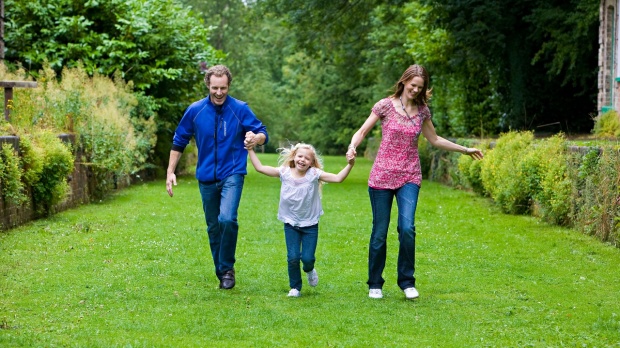7 Advantages Of Being A Foster Care Parent

Some people cannot imagine becoming parents, let alone taking on the responsibility for someone else’s children. But others love the idea of caring for children that might otherwise not have a family-style home or who might have to grow up in an institution for homeless kids. Becoming a foster parent should not be taken lightly. While weighing the pros and cons, here are some advantages to consider.
It is hard to imagine growing up without a family if you haven’t done it. Living in an institution every day without someone to call Mom or Dad can be very depressing for a child. Making friends at school is limited, because those friends may not be able to visit the facility, or their families may not allow it. Providing a home-like environment and a chance at normal life is the greatest gift you can give a child.
Even if you have children already, becoming a foster parent brings renewed joy home with each new child. Although some kids may come from troubled pasts or arrive with problems that are difficult to manage, they are still, after all, children, and that is something precious to be cherished. All of us savor youth, with its innocence and sense of wonder in exploring the world. Even if a child’s innocence is jaded, foster parents can restore their natural curiosity and excitement about making new discoveries in the world within their new homes. Helping kids to rediscover childhood is a blessing to both giver and receiver, parent and child.

All societies have homeless children that become wards of the county or state. People that become foster parents are serving a charitable cause by helping the government to care for these children by giving them homes and families. This type of good deed will continue to have a ripple effect for possibly generations to come as foster children grow up to be well-adjusted adults and have normal families of their own. Foster parenting is truly a gift that keeps on giving.
In dealing with child welfare workers and legal authorities to become a foster parent, as well as learning about the background of your new foster child, you will get a better idea of social complexities that you perhaps didn’t clearly understand before. For example, even though the children are the victims of unstable parents that cannot care for them, which is why they end up in foster care, the parents may be victims, as well, of abuse, addictions, or illness. Learning about the cycle of poverty or addiction helps anyone better appreciate their own circumstances and strive to be a good foster parent.
Many programs offer foster parents financial assistance. This may be medical support, monthly stipends, or a tax break. Other benefits may be available, as well. It is important to discuss these possibilities with the foster care program administrator for a better idea of how much support, if any, may be available. People should never become foster parents for financial gain, but funds can help to offset the cost of bringing another child into the home.
Parents that have kids when becoming foster parents will set a wonderful example for their children of how to share existing, and sometimes minimal, family resources with those in need. Their children will observe good deeds in action, not just words, that may inspire them to do good deeds as they become mature. Others who may be watching, such as neighbors, teachers, and friends, are also likely to be impressed. They may be influenced to take similar action as foster parents or in another service role. For example, foster care Victoria families often meet and do things in groups, which may have an even larger ripple effect.
Although some foster families experience frustration or a situation that does not turn out as well as hoped, most families get great satisfaction from caring for foster children and often continue to take in new kids as the originals grow up and leave home.
